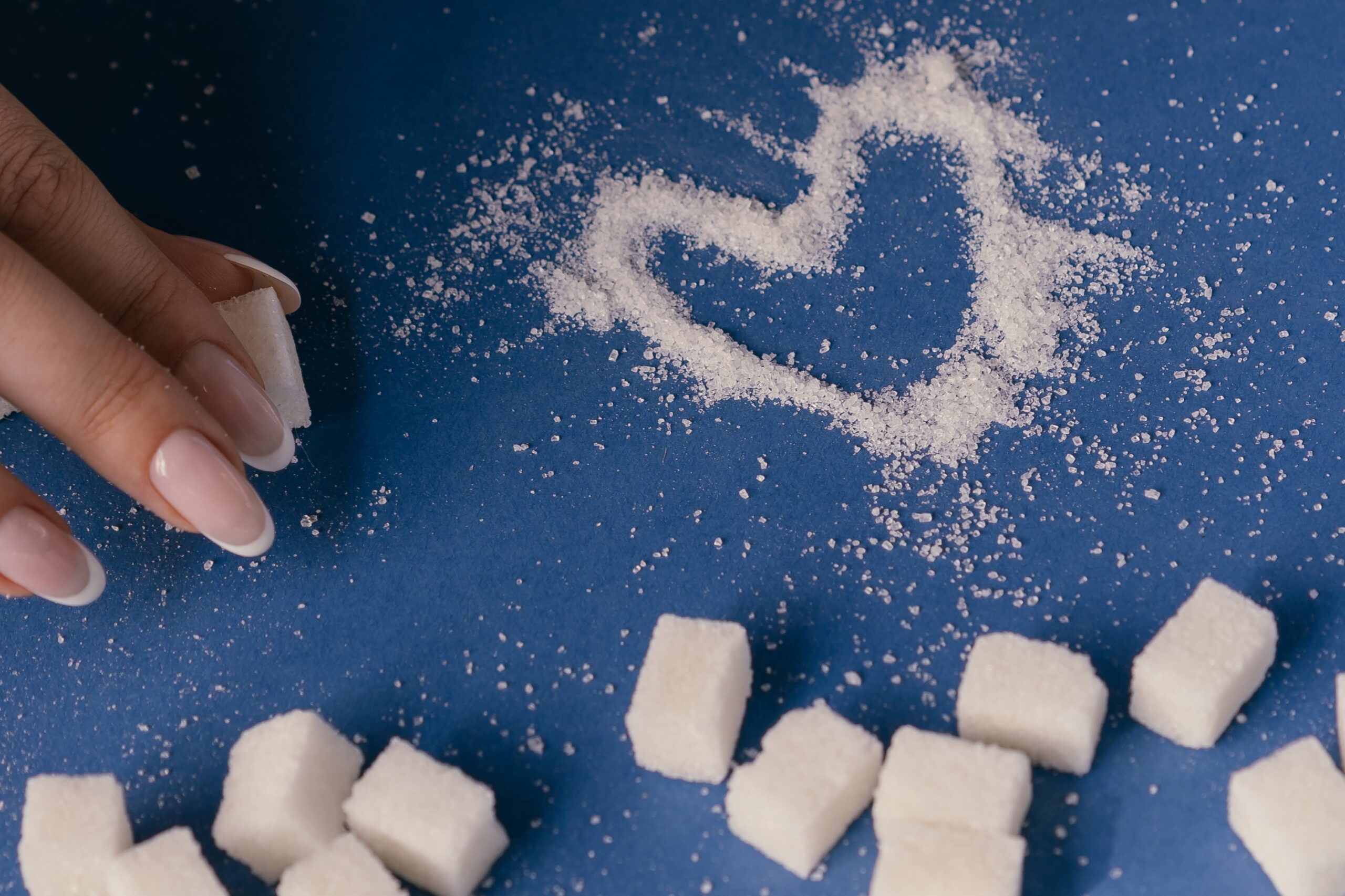Artificial sweetener sucralose may be toxic to DNA new research finds
A paper published on May 29th, 2023 by American researchers lets us take a peek into what goes on inside our intestines and bodies when we consume sucralose. They conducted a total of 8 experiments including rodents and human intestinal cells and found that it might be damaging to our DNA. Let’s see what it means for us.

Sucralose is an artificial sweetener often marketed as Splenda. Sucralose itself wasn’t the villain of the story, rather a tiny contaminant in sucralose called sucralose-6-acetate was responsible for the toxicity. The threshold for sucralose-6-acetate toxicity is 15 micrograms/day. Sucralose sweeteners can contain up to 0.67% of this contaminant.
"A single sucralose-sweetened drink can contain 15 times higher amounts of sucralose-6-acetate than the toxic threshold."
But that’s not all. The researchers say much more sucralose-6-acetate can be produced in our intestines when we digest sucralose. Up to 10% of the initial sucralose weight! With such a high amount of sucralose-6-acetate, comes genotoxicity.
The researchers used a technique called MultiFlow to detect damaged DNA, and the micronucleus test to detect cell damage. In their results, they say that indeed, higher sucralose-6-acetate correlated with more damaged DNA. Why is DNA damage bad? Well, DNA damage is a basis for cancer.
They also found that sucralose-6-acetate could increase inflammation, oxidative stress, the risk of cancer, lead to a “leaky gut” and inhibit some important enzymes responsible for detoxifying foreign compounds that enter our bodies.
"Non-human experiments show that sucralose-6-acetate can damage DNA, increase inflammation, and inhibit our body’s detoxifying enzymes."
What does it all mean?
- Non-human studies show that sucralose-6-acetate might be toxic to cells and to our DNA.
- Test tube studies on human intestinal cells show that sucralose-6-acetate can contribute to a leaky gut, inflammation, and cancer.
- Even though the sucralose amount in sweetened drinks is adequate, the sucralose-6-acetate amount is often way above the threshold for toxicity.
- In addition to that, during digestion, our bodies can convert 10% of the sucrose into sucralose-6-acetate.
So is sucralose a healthy substitute for sugar? Well, maybe if it was purer, without the sucralose-6-acetate contaminant, it would gain a few more “not unhealthy” points. But for now, it seems like whether you want to use sucralose or sugar, there will always be pros and cons. It’s certainly not poison, but your body might not like it too much.
You may also like:
More from the magazine
Selected stories from our Team








